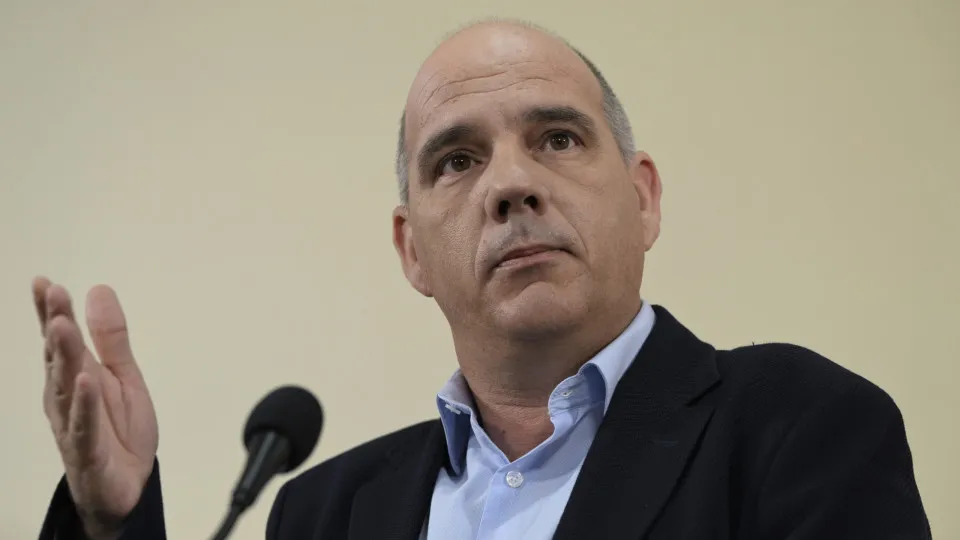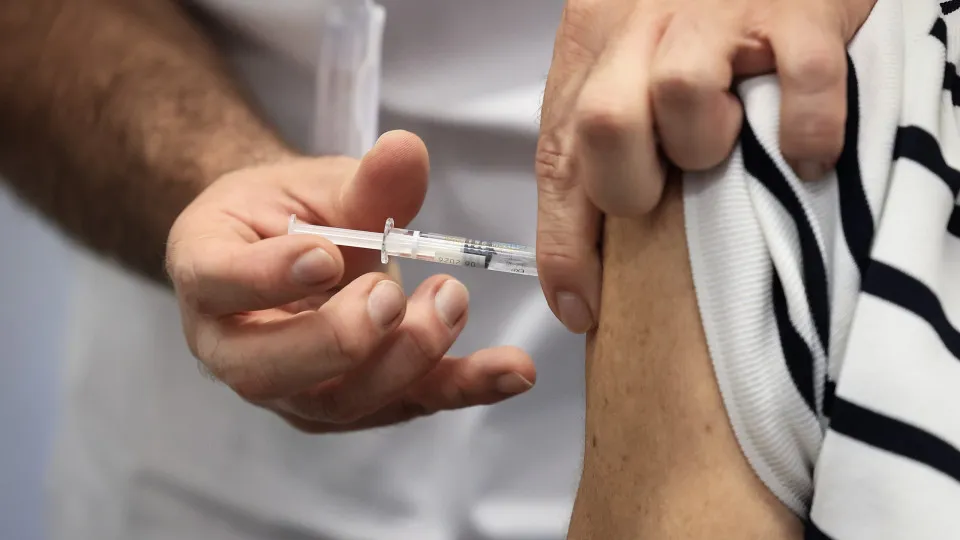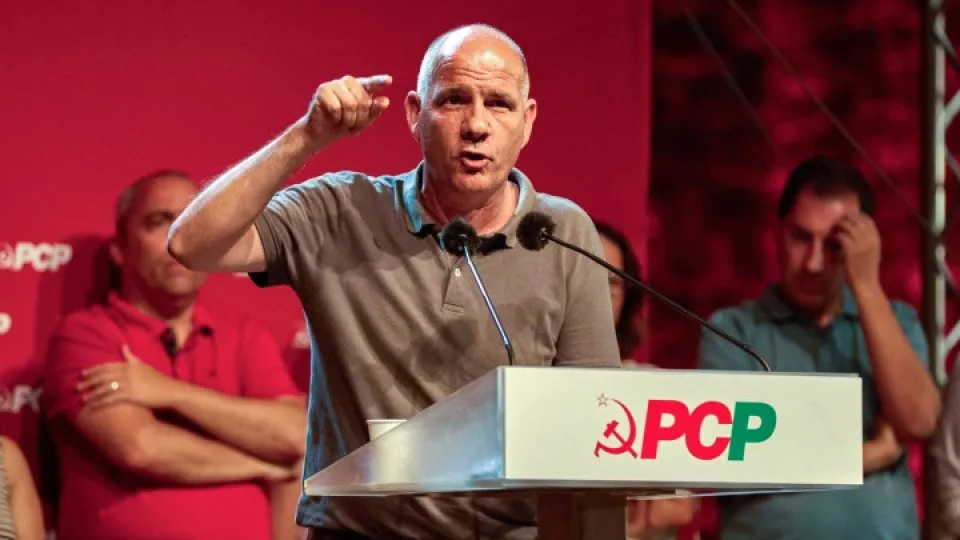Speaking in Paris at the headquarters of Business France, the public organization for the international promotion of French companies, Christine Lagarde emphasized that in the current situation, where the dollar remains the dominant global currency, Europe faces “the consequences of decisions made in Washington,” primarily because the European market is more open to the outside world.
According to Lagarde, Europeans cannot be mere spectators, which means the euro needs to transition from “an intermediate currency to a true global currency capable of turning weaknesses into lasting advantages.”
One problem she highlighted in achieving this goal is that the European capital market “remains too limited” due to its fragmentation, and in many cases, investments end up flowing to the U.S., with American stock markets being twice as large as their European counterparts and offering higher returns.
The ECB President also mentioned that strengthening the euro involves removing barriers and obstacles persisting in the internal market, such as regulatory and tax fragmentation, as well as the incomplete establishment of a single capital market.
Lagarde estimated that a 2% growth in trade within the European Union (EU) would offset losses related to increased tariffs on European products entering the U.S. since President Donald Trump took office.
She further argued that for the euro to be more widely used outside the EU, it is important to leverage existing trade relationships (the EU-27 is the main trading partner for 72 countries worldwide representing 40% of global GDP) and to establish new trade agreements.




